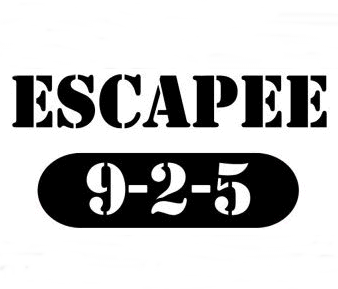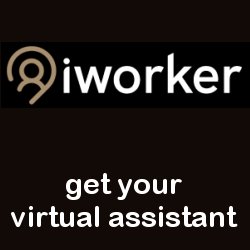Nirupama Mallavarupu is a technologist and started with distributed programming about 25+ years ago. After her Master’s at Georgia Tech, she worked at a startup born out of a lab in Carnegie Mellon named Transarc. The company had a stellar team of PHDs that built the first distributed computing system that connects computers (remember, this was pre-internet days). Niru learned the ropes about technology there. After the company got sold to IBM, she moved to the bay area to join Oracle, and then Sun Microsystems through the acquisition of a company named NetDynamics that built software for handling the first internet transactions.
Eight years into her tenure in the tech industry, Niru had her first child. After that, life changed drastically for her in the tech industry. “While I could stay at work at all hours before I had kids, I had to leave early to pick up my child (day care or babysitters don’t work 24 X 7) around 5pm instead of 12 midnight. Anyone who has worked for the software industry knows that complex software releases with millions of lines of code involved and hundreds of engineers can easily run into days of non-stop work”. While working at Sun Microsystems, she was heading a important project for the application server that Sun was building. This was never a 9 to 5 job and stayed overtime most of the days to make sure the product worked perfectly for all of the hundreds of engineers involved in the project the next morning. “My husband who was a research prof at UCSF helped me immensely by taking care of my son on days I had to stay back”.
Niru was faced with a serious quandary by the time her second child was born – to take care of two young kids or go back to work. “The company I was working for terminated my job during my maternity leave, which is against the law. However, it was structured so that the day of termination was the day I was scheduled to come back from maternity leave. More recently, I found out in a Facebook group that all third term pregnant women were terminated by this top Fortune 100 company”.
When her husband got a job offer on the east coast, they moved to New York City. The culture in NYC was quite different from the bay area. The post dot com crash and 9/11 had left the technology market high and dry. “I worked on technology for the advertising industry. The executives always held meetings at 5pm in spite of knowing that I had to leave to catch a train to Jersey to pick up my kids on time from day care”.
After several job moves, Niru found that she was spending more time scrambling to stay on top of my kids’ schedules. “Many a time I was called back to school right after I reached work as my son had a slight pink eye ( he had this tendency to rub his eyes a lot). I hired a babysitter who could stay until 7pm with them. However I had many situations when the babysitter would not show up or was on her way to hospital. I found out that my babysitter took a number of drugs to keep her cholesterol and blood pressure down and would forget to take them landing her in hospital”.
Necessity is the mother of invention
All of these frustrations led Niru to build a technological solution, MobileArq, to solve my problem as well as those of millions of other parents. She created software that would help parents to stay connected to their school community anywhere anytime and help the parent organizations in fundraising and communications. ” I got a crash course in entrepreneurship and how to start a company from Sramana Mitra’s 1 million by 1 million course. Becoming an entrepreneur has given me a much more flexible schedule. I work 16 hour days sometimes but I find it very fulfilling. Also, I can pick up and be with my kids for their sports activities if I want to. “
One of the early lessons Niru learned was that keeping your day job until your startup takes off is generally a good idea. However, it is also a double edged sword. “As long as you are protected by a fat paycheck, you have very little motivation to get your startup to make money for you. Also, when you have spent the better part of your day working for someone else, and you have a family to take care of, it is hard to put 100% into your startup”.
Going out on your own is not without it’s challenges. Entrepreneurship comes with a lot of responsibilities. “You have to earn enough to put food on the table and pay your bills for your family and employees. While I value the flexibility of having control over my time, I am also acutely aware of how productive or unproductive I am”.
Today, MobileArq has over 60+ schools and growing with over 50,000+ parents using the software on their laptops, desktops and phones. Schools have raised $510,000 this year with the MobileArq fundraising software. We also now have an education academy where we teach how to “build a mobile app” from scratch with our platform and “build a quad from scratch” that teaches how to build drones from scratch . “When I hear from Moms on how I have solved a problem for them, it makes my day. When PTAs make hundreds of thousands for their schools with MobileArq, it is music to my ears”.










